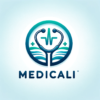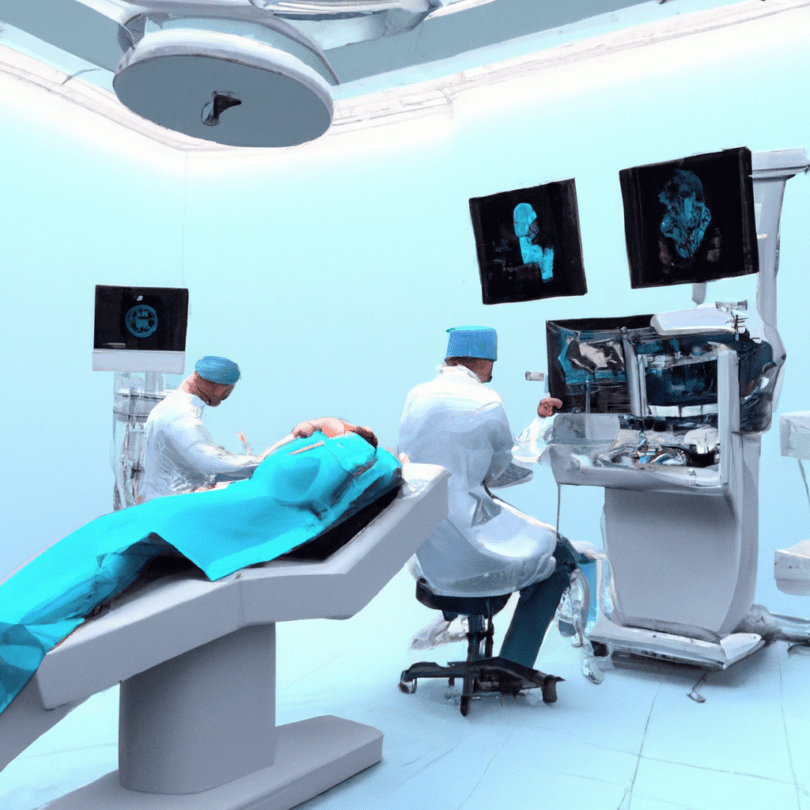The future of healthcare is rapidly changing, and one area that holds incredible promise is the revolutionizing of early disease detection. Imagine a world where diseases are identified at their earliest stages, before symptoms arise, and treatments can be tailored to target the underlying causes. This revolutionary approach has the potential to transform patient outcomes and significantly improve overall public health. In this blog post, we will explore some of the key advancements in early disease detection and how they are changing the landscape of healthcare.
One of the most exciting developments in this field is the use of advanced imaging techniques for disease detection. Traditional methods, such as X-rays and MRIs, have long been used to identify diseases and abnormalities. However, these techniques often rely on symptoms, which means diseases may already be in advanced stages when diagnosed. Today, new imaging technologies, such as molecular imaging and PET scans, can detect disease at a much earlier stage by targeting specific molecular markers. This allows for earlier intervention and more effective treatments.
Another groundbreaking area in early disease detection is the use of biomarkers. Biomarkers are measurable indicators that can be found in bodily fluids or tissues and are associated with certain diseases. By analyzing these biomarkers, researchers and healthcare professionals can identify the presence of diseases even before symptoms occur. For example, a blood test that measures specific proteins can help detect certain types of cancer at an early stage. This can lead to timely interventions and potentially life-saving treatments.
Advancements in genetics and genomics have also played a crucial role in early disease detection. By analyzing an individual’s genetic makeup, researchers can identify genetic predispositions to certain diseases. This allows for personalized medicine, where treatments can be tailored to an individual’s specific genetic characteristics. For instance, individuals with a high genetic risk of developing cardiovascular disease can be identified early on and given targeted interventions to prevent the onset of the disease.
Artificial intelligence (AI) and machine learning are also making significant contributions to early disease detection. By analyzing vast amounts of data, AI algorithms can identify patterns and correlations that humans may overlook. This enables the development of predictive models that can identify individuals at risk of developing certain diseases. Early disease detection algorithms can analyze a combination of genetic, lifestyle, and medical data to flag individuals who may benefit from further diagnostic testing or preventive measures.
The potential impact of early disease detection on patient outcomes is immense. By catching diseases in their earliest stages, healthcare providers can intervene before irreversible damage occurs. This can lead to more effective treatments, improved long-term prognosis, and reduced healthcare costs. Additionally, early disease detection allows for better resource allocation, as healthcare systems can target high-risk populations and allocate resources accordingly.
However, there are challenges and considerations that must be addressed in the implementation of early disease detection strategies. Ensuring privacy and security of patient data is paramount, as the use of genetic and medical information raises concerns about data protection. Additionally, healthcare professionals must receive adequate training to interpret and act upon the results of early disease detection tests. Clear guidelines and protocols are essential for integrating these new technologies into routine clinical practice.
In conclusion, the future of healthcare is being shaped by the revolutionizing of early disease detection. Advances in imaging techniques, biomarkers, genetics, and AI are allowing for earlier identification of diseases, leading to improved patient outcomes and enhanced public health. While there are challenges and considerations, the potential benefits of early disease detection are undeniably transformative. As we continue to unlock the potential of these innovations, we are moving closer to a future where diseases can be detected and treated at their earliest stages, resulting in healthier populations and reduced burden on healthcare systems.

